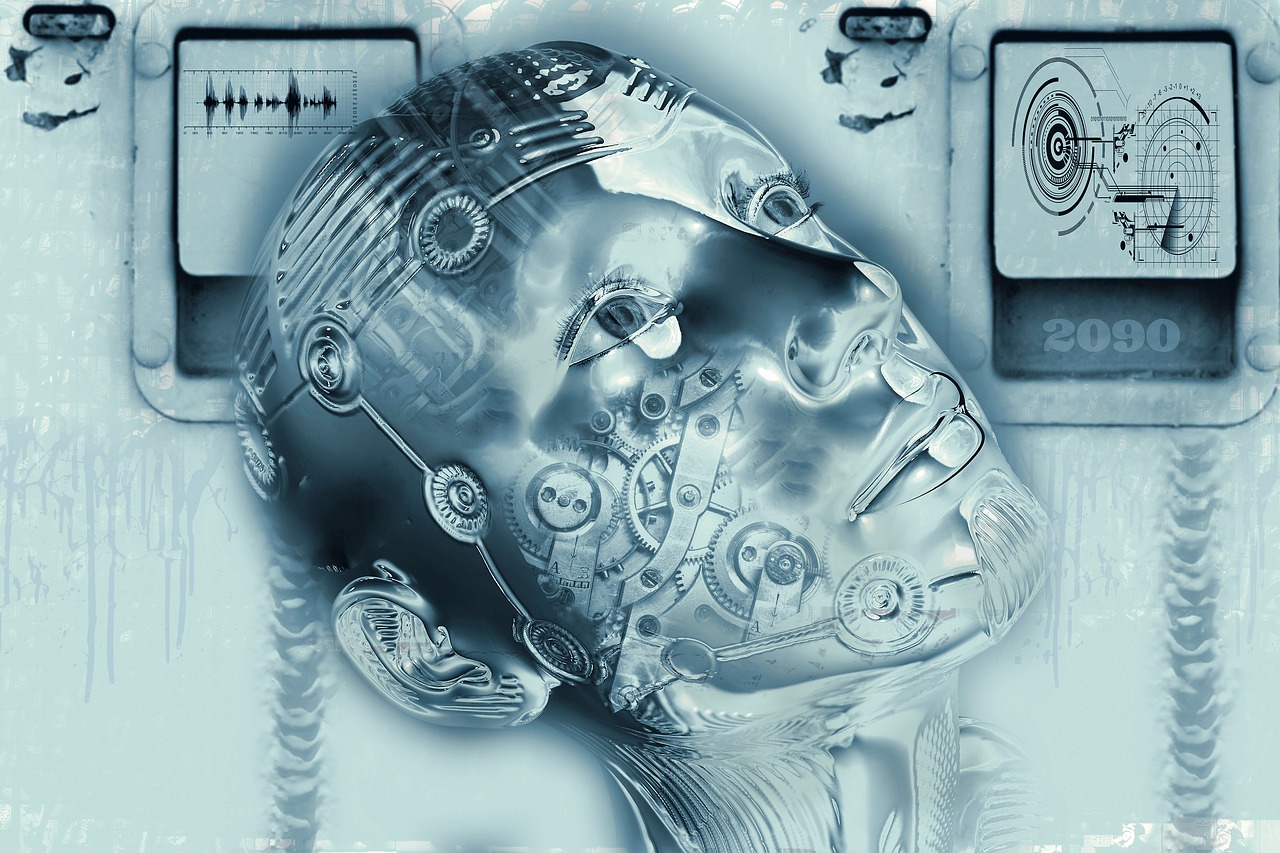Healthcare organizations within the United States have always placed a high value on keeping records – in terms of both storage purposes and as backup. In the earliest years, record keeping was done by paper. In recent years, this has advanced to electronic record keeping.
As a result of the electronic revolution, organizations in the industry were able to become increasingly successful in the tasks of collecting relevant data, and archiving it appropriately. One area still remained a bit on the lacking side – that is, the endeavor of exchanging the information stored. Then, electronic medical records emerged. This aided in the exchange of information, but, it has still lacked in many areas.
What could help in overcoming the shortcomings?
The answer is the highly-innovative Care Intelligence System, or “CIS”, for short.

The Initial Problem Associated with EMRs
Electronic medical records seem to hold the solution to the exchange of medical information between healthcare organizations. The problem it posed – once put into practice – was the fact that it displayed difficulty in transferring raw information into information of value for practitioners. Unfortunately, the lack of the successful transfer of raw data to useful data detrimentally impacted patient outcomes.
Many received too many services, others did not receive enough. Still, there were those patients that failed to receive any type of productive services for their individual needs. The solution would require a system that could both solve problems, analyze information, and relay that information to healthcare organizations in an intelligent fashion. This would guarantee that value-based networks would succeed in patient care services.
The Care Intelligence System (CIS) Comes into Play
The healthcare industry needed an intuitive, intelligent system for medical record storage and exchange in order to optimize the value-based care network for patients. The Care Intelligence System (CIS) is just that. This platform carries the highest level of sophistication and has expansive capabilities, in terms of analytics. Not only does it aid in the demand of physical therapists, physicians, clinics, and hospitals, but, it covers the needs of all of the health systems that are currently in place. This system understands all information processed within in it. It aids in optimizing the workflow of the healthcare industry, and it is able to successfully analyze data from various sources within the industry.
Truly Unique Capabilities
The Care Intelligence System (CIS) has numerous truly unique capabilities. These include – but, are not at all limited – to the following:
- Analyzes Complex Data
- Integrates Data with Ease
- Transforms Information
- Performs Advanced-Level Analytics
- Performs Data Visualizations
- Possesses a Highly Complex Integrated-Based Data Lake
- Aids in Provider Decision Making
- And, MORE!
CIS is more than a computer program. It is a platform that is going to enhance the value-based care networks across the country. Next week, we will be expounding on how this amazing system works and what it can mean to your practice. To get the latest information on value-based care networks and physical therapy networks, be sure to bookmark our blog at: https://coloradophysicaltherapynetwork.com/blog/
Resources:
http://hitconsultant.net/2017/09/19/innovaccer-launches-care-intelligence-system/


